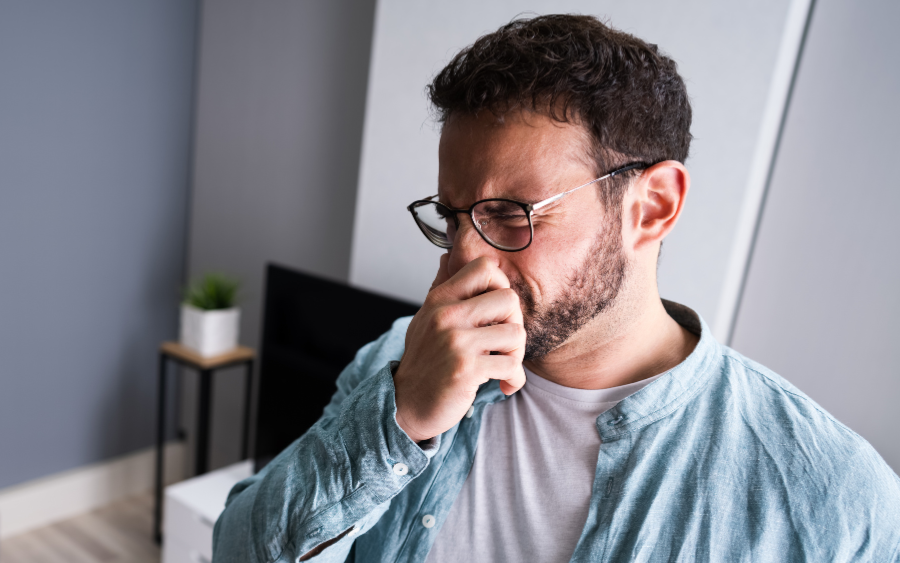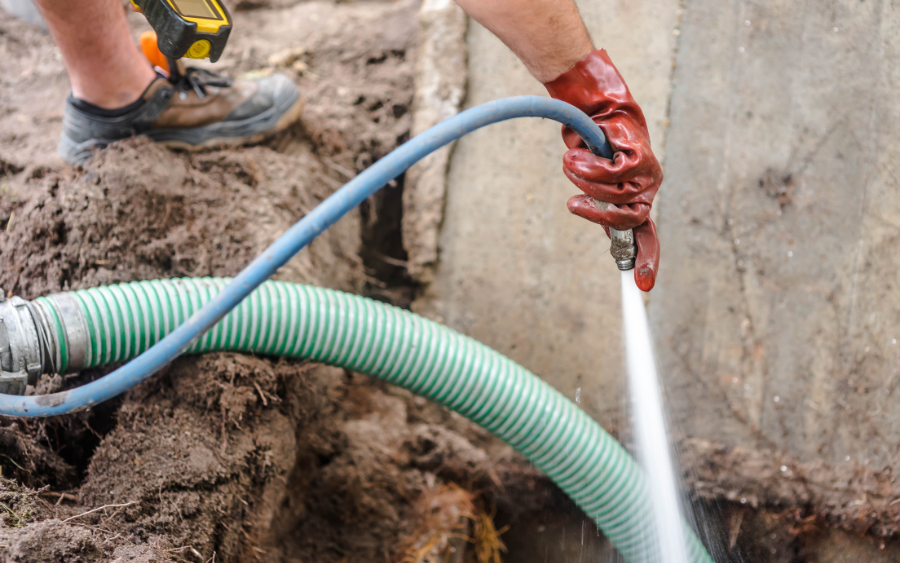Understanding Foul Odors After Septic Tank Pumping
It’s not uncommon to notice foul odors after your septic tank has been pumped. While this can be concerning, it’s often a temporary issue caused by various factors. These odors typically dissipate within a short time, but understanding the reasons behind them can help you take action to prevent persistent problems.Common Causes of Foul Odors After Pumping
There are several reasons why you might experience unpleasant smells after your septic tank has been pumped. Here are some of the most common causes:- Septic Gases Released During Pumping: When the tank is pumped, gases that were trapped inside can escape, causing odors to linger for a while.
- Disturbed Bacteria Levels: The bacteria responsible for breaking down waste may have been disrupted during the pumping process, leading to temporary odor issues.
- Incomplete Pumping: If the tank wasn’t fully pumped or cleaned, residual waste might still produce odors.
- Issues with Ventilation: Blocked or malfunctioning vents can prevent septic gases from escaping properly, causing them to back up into your home or yard.
Why Foul Odors Happen After Pumping
Let’s take a closer look at the reasons why foul odors may arise after septic tank pumping and what you can do about them.1. Release of Septic Gases
During the septic tank pumping process, gases that were trapped inside the tank may be released, leading to unpleasant smells around your home or yard.- Natural Occurrence: These odors are typically a natural byproduct of the pumping process and should dissipate within a few hours to a few days.
- Hydrogen Sulfide: One common gas is hydrogen sulfide, which smells like rotten eggs and is often released when the tank is pumped.
2. Disturbed Bacteria Levels
The bacteria inside your septic tank are essential for breaking down waste. When the tank is pumped, these bacteria may be disrupted, causing temporary odors.- Bacteria’s Role: The bacteria break down solid waste and help prevent odors from escaping.
- Temporary Disruption: After pumping, it may take a few days for the bacterial levels to stabilize, which can cause odors to linger.
3. Incomplete Pumping
If the septic tank wasn’t fully pumped or if there is leftover waste inside, it can continue to produce foul smells.- Residual Waste: If solids or sludge weren’t entirely removed, they can continue to decompose, causing odors.
- Professional Inspection: In this case, it may be necessary to contact your septic service provider to ensure the tank was thoroughly pumped.
4. Ventilation Issues
Your septic system relies on proper ventilation to release gases safely. If the ventilation system is blocked or malfunctioning, it can cause odors to back up into your home or yard.- Clogged Vents: If the vent pipes are blocked by debris or other obstructions, gases can’t escape properly, leading to foul odors.
- Damaged Vent Pipes: Vent pipes that are cracked or broken may not function as intended, causing odors to leak into your home or yard.
Steps to Reduce Odors After Septic Tank Pumping
If you notice odors after pumping, there are a few steps you can take to help minimize them and prevent them from becoming a long-term issue.1. Air Out the Area
Sometimes, the odors will naturally dissipate after a few hours or days. You can help speed up this process by ensuring proper ventilation.- Open Windows: Open windows and doors in your home to allow fresh air to circulate and remove any indoor odors.
- Check Outdoor Ventilation: Ensure that the outdoor septic vents are clear of any debris that could be blocking them.
2. Add Bacteria Supplements
Adding bacteria supplements to your septic system can help restore the natural balance of bacteria inside the tank.- Septic Additives: These products are designed to boost bacterial levels and help break down waste more efficiently.
- Follow Directions: Make sure to follow the product instructions carefully, as adding too much can disrupt the balance.
3. Inspect the Ventilation System
If the odors persist, it’s essential to check the ventilation system to ensure it’s functioning correctly.- Check for Blockages: Look for any blockages in the vent pipes that could be preventing gases from escaping.
- Repair Damaged Pipes: If you notice any cracks or damage to the pipes, contact a professional to repair them.
4. Schedule a Follow-Up Inspection
If you’ve taken the necessary steps and the odors persist, it’s a good idea to schedule a follow-up inspection with your septic service provider.- Thorough Inspection: A professional can check for any underlying issues that may be causing the odors.
- Address the Problem: Whether it’s incomplete pumping or ventilation issues, a follow-up inspection can help resolve the problem.
Preventing Foul Odors in the Future
Proper maintenance is key to preventing foul odors after your septic tank is pumped. Regular care of your septic system will ensure that it functions efficiently and without issue.Regular Pumping
- Stick to a Schedule: Regular pumping every 3-5 years (depending on tank size and household usage) helps prevent buildup and odors.
- Monitor Waste Levels: Keep an eye on the levels of sludge and scum in your tank to avoid overflows.
Routine Inspections
- Annual Inspections: Having your system inspected annually can help catch problems early before they cause odors or other issues.
- Check Ventilation: Regularly check your septic system’s vents to ensure they are functioning properly and free of blockages.






